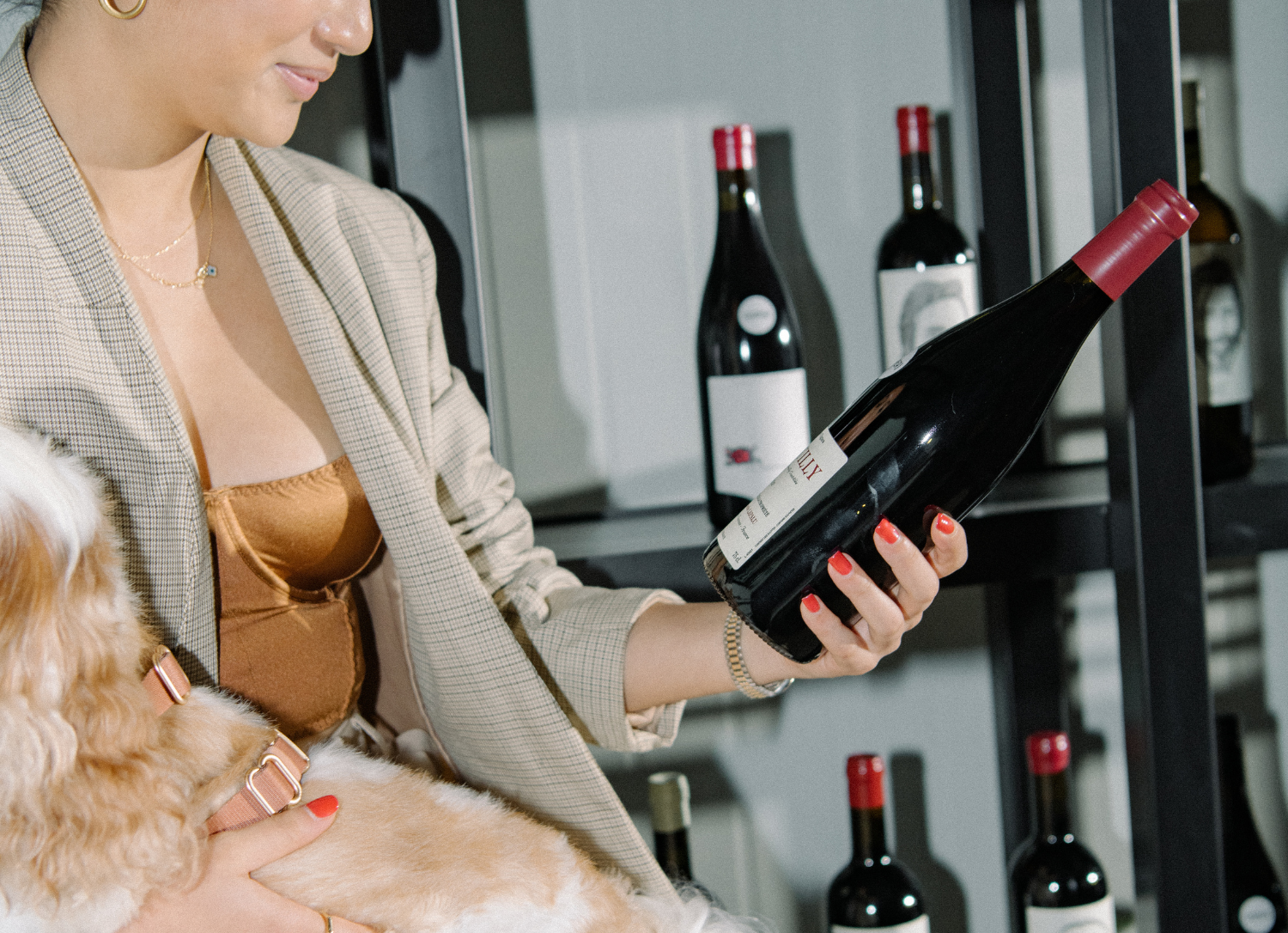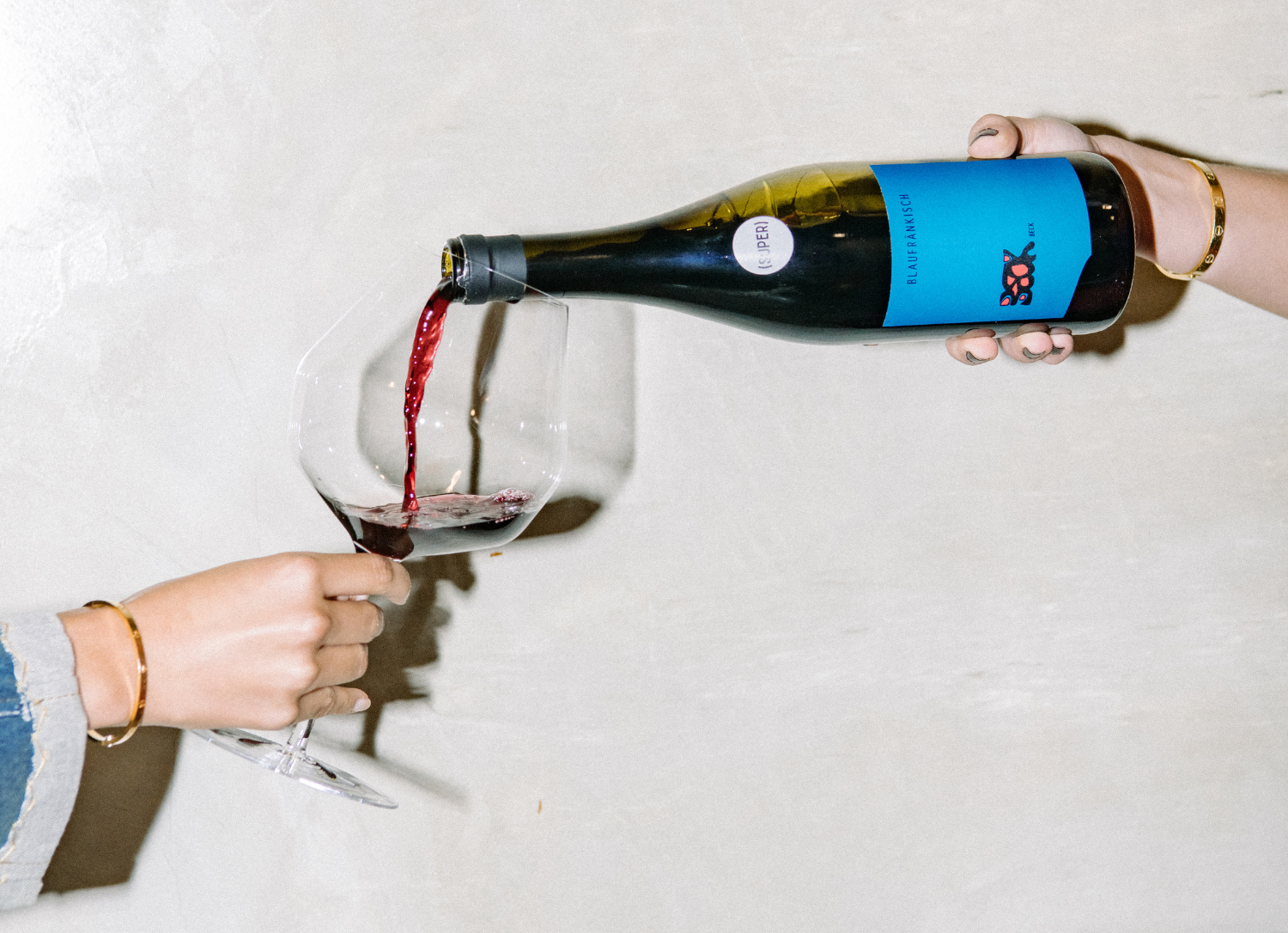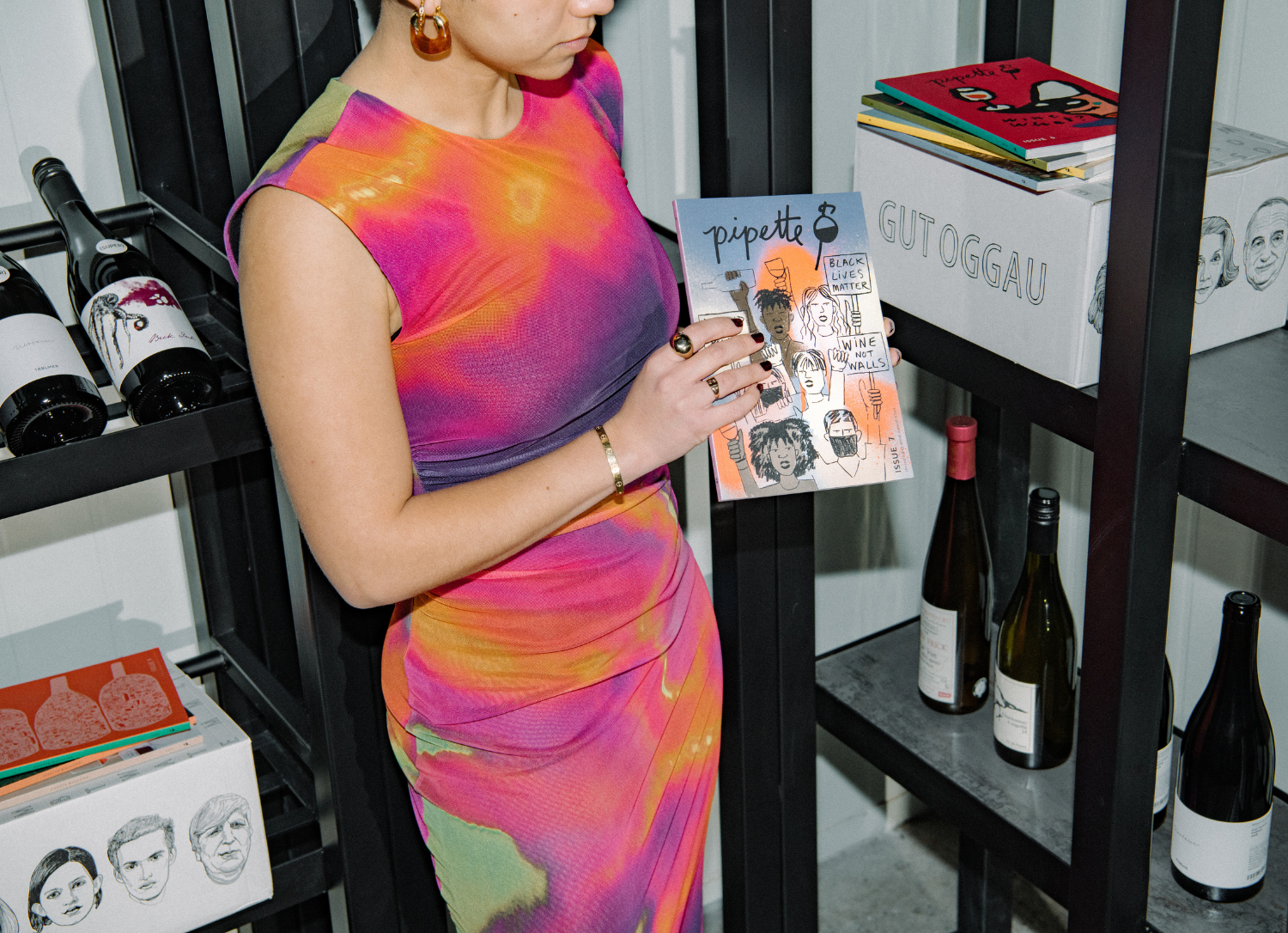With plenty of myths about natural wine in circulation, you could call it the most misunderstood alcoholic beverage out there. One of the most common misconceptions about it: that natural wine can’t be aged or kept for years because it doesn’t have sulfites, and thus can’t be preserved for very long.
Hold your horses there! This is completely untrue. You can find an ageworthy bottle of natural wine just as easily as you could any conventionally-made wine—that is to say, it isn’t actually easy at all. Read on for our guide to how to tell when a wine is ageable, which natural winemakers tend to make age-worthy wines, and where to shop natural wines in Metro Manila good for aging:
The majority of wines aren’t meant to be aged
The saying goes that one can “age like fine wine,” or can improve with age. Let’s put the emphasis on “fine.” Only well-made wines specifically crafted to mature with the years are ones you could reliably age. That said, up to 90% of all wines around the world are actually meant to be enjoyed young—that is, within three to five years of vintage. Drink them any time after that, and you’ll find that the flavors have either muted or that the wine has turned into vinegar altogether.
Whether or not it’s natural or conventionally-made, finding a wine that actually gets better—or simply stays drinkable—the longer that you store it (properly) can be difficult.
Why natural wine is still age-worthy
Contrary to popular belief, even natural wine contains sulfites—that is, a byproduct in wine that preserves the wine, protecting it from oxidation and even bacterial growth. Sulfites actually occur naturally in the fermentation process that makes wine what it is.
What sets natural wine apart from bottles that are conventionally-made, however, is the fact that little to no sulfites (or any other additives, for that matter) are added at any stage of the winemaking process. Meanwhile, mass-produced or high-yield wines can have up to 10 times more sulfites in them in comparison.
This huge difference notwithstanding, natural wines do have naturally-occurring sulfites that preserve the wine and allow it to be drinkable for years. But do take note that no matter how age-worthy the wine, the most crucial factor is of course that you store it correctly.
How to tell when a wine is age-worthy or not by tasting it
There are actually some characteristics typical among age-worthy wines that you can pick up while tasting a wine, so you know whether or not to buy another bottle from that same vintage to store away. Age-worthy wines need a good concentration of flavors, as well as a balance of acidity, alcohol, tannins, and residual sugar (if any):
High concentration of flavor
As a wine ages, there is a high tendency for its tasting notes to become more muted. That said, you want to look for prominent flavors rather than delicate ones, as well as ones with a little more complexity. With age, a wine’s tertiary notes become more prominent—ranging from tobacco leaf and forest floor to cured meat and chamomile.
High acidity
Acidity is how sour a wine tastes in your mouth. While it’s one of the things that makes a wine resistant to changes that occur over time, it is something that decreases over years of ageing—and if a wine meant to be enjoyed young is kept for too long, it may come off as flat or flabby on the palate when you attempt to taste it. A young wine with high acidity is more likely to have enough of it to make it still pleasurable to drink even after five years.
High tannins
Tannins are a compound that causes a drying, astringent texture in your mouth. These come from wine grapes being fermented with their skins, stems, and seeds—meaning that only skin contact wines (usually orange wines and red wines) will have tannins on the palate. Beyond providing taste, however, tannins give a wine structure and aging potential: this is the reason you have generally higher chances of finding red wines you can age versus whites.
As with acidity, tannins are something that also change over time—high tannins in a wine will soften over time. However, if you find that the texture of your tannins come off as gritty, there is a chance they won’t improve.
Residual sugar
While we typically associate aged wines with dry varieties, some of the longest lived wines out there are actually ones that are sweet—there are cases of Sauternes and Riesling reported to have been perfectly drinkable after 100 years! This isn’t even to mention wines that have been fortified, like port and sherry.
Combined with balanced acidity and a real concentration of flavor (no fresh, fruit Moscatos here), a wine with a good amount of residual sugar may have the potential to really last.
What to look for when shopping for age-worthy wine
Beyond what goes on in the palate, there are other factors you ought to consider when shopping wine in Metro Manila specifically for aging:
Grapes that typically age well
Certain wine grape varietals tend to age well due to their naturally high concentration of flavors, while others do not. Among reds, varietals like Cabernet Sauvignon, Merlot, Syrah, Nebbiolo, and Sangiovese all have a tendency to age well. You’ll find fewer among whites, but Riesling, Chardonnay, and sometimes Chenin Blanc have demonstrated age-worthiness. Of course, this also depends on how seasoned the winemaker is and how well you store the wine once it’s in your hands.
Reputable winemaker
When you buy wine from a reputable winemaker—one who has demonstrated plenty of skill or been practicing their craft for years (or even generations)—there is a much higher chance of encountering a bottle that you can age. After all, a seasoned winemaker is more likely to have developed a deep understanding of the winemaking process and know how to use it to create great wines that can stand the test of time.
As we’ve established, natural wine can be aged—and many, if not the majority, of makers who produce natural wine have dedicated themselves to the high quality that makes aging your wine possible. At (Super)Natural, we’ve found that many bottles by Gut Oggau, Christian Tschida, and Maria & Sepp Muster have great aging potential.
Premium price
Creating an age-worthy fine wine is something that requires skill and finesse—not characteristics you would normally expect from mass-produced wines that you would find at the supermarket. Fine wines meant to be aged are normally on the premium end of the spectrum—but this doesn’t mean that a bottle has to cost over P3,000 or more just to be ageable. You’ll already find bottles worth aging among wines in the P1,000 range in Metro Manila.
Where to buy natural wine in Metro Manila
Whether you’re looking to age your wine or enjoy it now, the (Super)Natural is the best wine store in Manila for natural wines. We carry natural wines from renowned winemakers from around the world—from Austrian rising stars Christian Tschida, Gut Oggau, and Maria & Sepp Muster to French legends Domaine Le Mazel and Jean François Ganevat.
Shop natural wine and place your order before 2 PM to avail same-day delivery to your Metro Manila address on weekdays!



